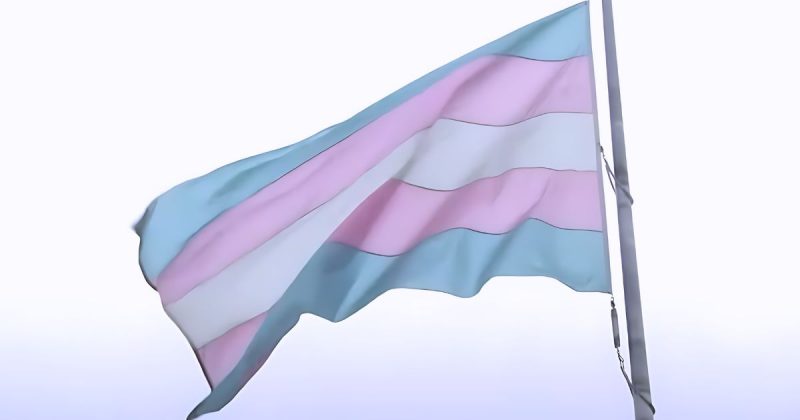A trans-identifying student has abandoned her legal challenge against Idaho’s ban on so-called transgender athletes competing in women’s sports, withdrawing her case from the Supreme Court after years of litigation.
Lindsay Hecox, a 24-year-old senior at Boise State University, informed the Supreme Court on Wednesday that she is dismissing her high-profile case.
The student cited intense “negative public scrutiny” surrounding the litigation as a primary reason for her decision.
Hecox’s attorneys stated that she wishes to focus on “academic and personal goals” rather than continue the legal battle.
The withdrawal represents a significant development in the ongoing national debate over “trans” participation in school athletics.
In an unusual legal maneuver, Hecox requested that the Supreme Court vacate a favorable ruling from the 9th US Circuit Court of Appeals.
This action would effectively erase the lower court’s decision that had blocked enforcement of Idaho’s sports ban against her.
The Supreme Court will still have the opportunity to rule on transgender sports participation this term.
The justices have granted review in a separate case involving Becky Pepper-Jackson, a transgender student from West Virginia facing similar restrictions.
Hecox’s legal team revealed that she has faced “significant challenges that have affected her both personally and academically.”
These difficulties include the death of her father in 2022, which added personal hardship to her ongoing legal battle.
Her attorneys explained that continued litigation would likely bring “intensified attention in the coming school year” that would interfere with her studies.
They emphasized that graduating from college and maintaining a healthy lifestyle have become her top priorities.
The filing stated that “while playing women’s sports is important to Ms. Hecox, her top priority is graduating from college and living a healthy and safe life.”
Her legal team confirmed she would not attempt to join any teams covered by Idaho’s restrictive law.
Idaho Governor Brad Little signed the state’s sports ban in 2020, making it the first law of its kind in the nation.
Hecox, then a freshman, filed her lawsuit just days after the legislation was enacted.
The lawsuit alleged that Idaho’s ban violated the 14th Amendment’s equal protection clause.
Hecox had stated her intention to try out for the women’s track and cross-country teams at Boise State University, CNN reported.
A federal district court initially blocked the law’s enforcement against Hecox several months after her lawsuit was filed.
The San Francisco-based 9th Circuit Court of Appeals later affirmed this decision, ruling in her favor.
Idaho officials appealed the circuit court’s ruling to the Supreme Court in July.
State officials did not immediately provide comment regarding Hecox’s decision to withdraw her case.
Transgender rights advocates face mounting legal challenges following recent Supreme Court decisions.
The justices issued a 6-3 ruling earlier this year in US v. Skrmetti, which upheld Tennessee’s ban on trans-identifying youth accessing puberty blockers and hormone therapy.
The remaining case before the Supreme Court involves Becky Pepper-Jackson’s challenge to West Virginia’s sports restrictions.
Governor Jim Justice signed the “Save Women’s Sports Act” in 2021, prohibiting “transgender” women and girls from participating on public school teams consistent with their gender identity.
Pepper-Jackson was a rising sixth grader when she filed suit, alleging the ban violated federal law and constitutional protections.
She had been preparing to try out for her school’s girls’ cross-country team.
The Richmond-based 4th Circuit Court of Appeals ruled that West Virginia’s ban violated Pepper-Jackson’s rights under Title IX.
This federal law prohibits sex-based discrimination at schools receiving federal funding.
The Supreme Court is expected to hear oral arguments in the West Virginia case sometime next year, with a final decision anticipated before the end of June.

